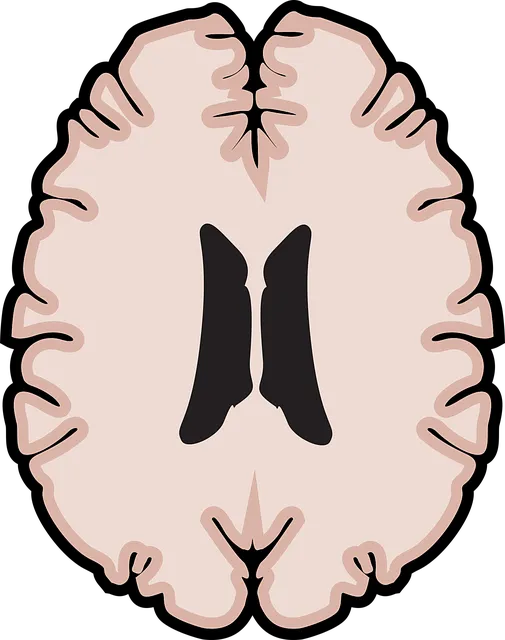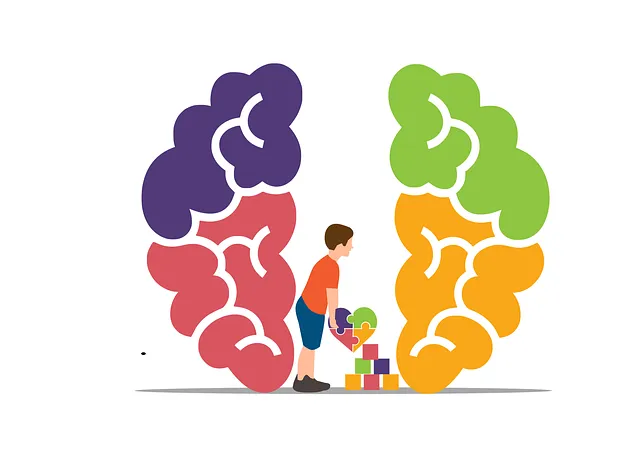Kaiser Permanente Northern California (NorCal) Golden prioritizes patient safety through comprehensive risk management in mental healthcare. By understanding client histories, anticiping triggers, and employing evidence-based practices like Compassion Cultivation Techniques, they create a secure environment for emotional regulation, anxiety relief, and inner strength development. The Kaiser Permanente mental health phone number NorCal Golden offers serves as a vital resource, fostering resilience and supporting positive outcomes. Their proactive approach, including conflict resolution training and expanded community outreach, ensures a comprehensive risk management strategy.
“In the realm of mental health care, risk management is an indispensable tool for professionals navigating complex client scenarios. This article guides mental health practitioners through a comprehensive approach to risk assessment and mitigation, drawing insights from industry leaders like Kaiser Permanente Norcal. From understanding risk dynamics to implementing effective strategies, we explore essential practices to ensure safety and well-being in clinical settings, inspired by best practices at the Kaiser Permanente mental health phone number.”
- Understanding Risk Management in Mental Health Care
- Creating a Comprehensive Risk Assessment Plan
- Strategies for Mitigating Risks and Ensuring Safety in Practice
Understanding Risk Management in Mental Health Care

Risk Management in mental health care is a vital aspect of ensuring safe and effective treatment for clients. It involves identifying, assessing, and mitigating potential risks that may arise during therapeutic interactions. Mental health professionals, especially those working with vulnerable populations, must be adept at navigating complex emotional landscapes. At Kaiser Permanente Northern California (NorCal), the commitment to patient safety is evident through comprehensive risk management strategies.
By prioritizing emotional regulation, anxiety relief, and inner strength development, mental health professionals can foster a secure environment conducive to healing. Effective risk management includes understanding client histories, anticipating potential triggers, and implementing evidence-based practices to minimize risks. The Kaiser Permanente NorCal mental health phone number serves as a valuable resource, offering support and guidance for both professionals and clients seeking to navigate the challenges of mental health care with resilience and inner strength.
Creating a Comprehensive Risk Assessment Plan

In the realm of mental health care, risk management planning is paramount to ensure patient safety and well-being. For professionals associated with Kaiser Permanente mental health services in Norcal (Golden), developing a comprehensive risk assessment plan serves as a vital tool for identifying potential hazards and implementing effective mitigation strategies. This process involves meticulously evaluating various factors unique to each client, encompassing historical trauma, substance abuse history, suicidal ideation, and acute distress levels, among other considerations.
By integrating these insights into a structured risk management framework, mental health professionals can proactively develop tailored interventions, such as Anxiety Relief techniques or Empathy Building Strategies, to anticipate and address emerging risks promptly. This proactive approach not only enhances the quality of care but also fosters an environment where patients feel heard, understood, and supported, ultimately contributing to more positive outcomes.
Strategies for Mitigating Risks and Ensuring Safety in Practice

Mental health professionals face unique challenges that demand a proactive approach to risk management. To ensure a safe and supportive environment for both practitioners and clients, several strategies can be implemented. One key practice is integrating Compassion Cultivation Techniques, fostering an atmosphere of understanding and empathy within the clinic. This not only benefits patient-therapist relationships but also serves as a buffer against potential risks and burnout.
Additionally, conflict resolution techniques play a vital role in risk mitigation. Training staff in constructive communication and dispute settlement can de-escalate tense situations and promote a harmonious work environment. The Community Outreach Program Implementation at Kaiser Permanente Norcal Golden, for instance, could be expanded to include mental health awareness campaigns, aiming to destigmatize seeking help and reduce potential risks associated with undiagnosed or untreated conditions.
Risk management planning is an indispensable tool for mental health professionals, ensuring they can navigate complex situations safely. By implementing a comprehensive risk assessment plan and adopting effective mitigation strategies, practitioners in the NorCal region, like those associated with the Kaiser Permanente mental health phone number, can create a secure environment for both patients and themselves. These proactive measures are vital to fostering quality care, especially considering the diverse and often challenging nature of mental health practice.






